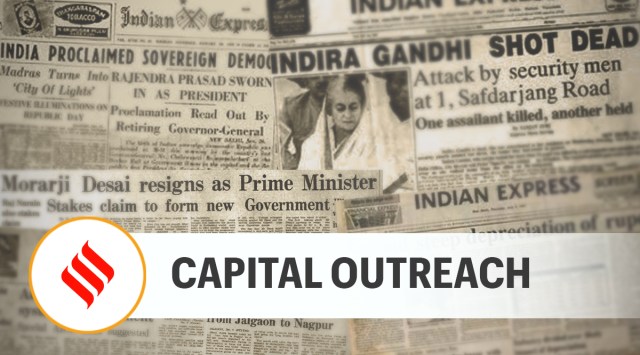
Prime Minister Narendra Modi’s first visit to Jammu and Kashmir after its August 5, 2019 bifurcation and the end of its special status appeared to have two purposes. One, on a day officially observed as Panchayati Raj day, he projected the thousands of people’s representatives elected through the panchayat system — freshers, as it were, in politics — as the “real” engines of governance at the “grassroots” of the former state. “Empowerment” of the people has been a pet theme of the Modi government after the BJP pulled out of the ruling coalition led by the People’s Democratic Party (PDP) in 2018, setting the stage for the events of the following year. The Modi government, since May 2019, has done its best to marginalise the established political parties in Kashmir. It is no secret that the most empowered section in J&K is the bureaucracy, accountable only to itself. The panchayats are a small cog in the wheel of the administration, and their members, elected in a process marred by violence and living under the threat of militants, know it. It is widely understood that only an Assembly election can truly empower the people through their chosen legislators, just like it does in the rest of the country. The delay in holding these elections was justified in the name of a delimitation process. Putting it off any more can only confirm the government’s continuing contempt for the will of the people and the democratic process in J&K.
In his outreach to the youth in the Valley, the prime minister said, “You will never suffer the way your parents, grandparents did in the past.” This welcome message of hope can be realised on the ground only if the youth become stakeholders in the building of the state. The investment push, infrastructure development and the flow of tourists into the Valley need, for their fruition, a genuine political process, an essential aspect of a democracy.